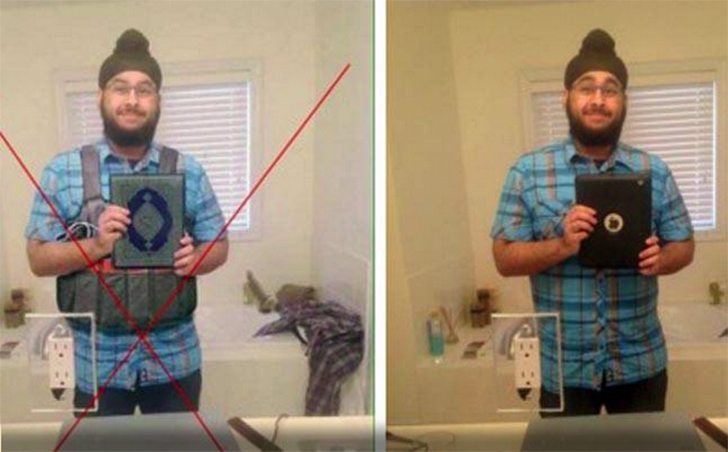Eyewitness reports, images and videos originally posted on social media are regularly used by the mainstream media, but it can be dangerous for journalists to trust information gleaned from social media posts.
Last weekend, during the chaos of the Paris terrorist attacks, millions of people turned to news agencies around the world trying to understand the scope and reasons behind the attacks.
These news agencies pored through social media posts from the affected areas to bring information to their viewers, and they found eyewitnesses and videos quickly.
Read Also

Farmer ownership cannot be seen as a guarantee for success
It’s a powerful movement when people band together to form co-ops and credit unions, but member ownership is no guarantee of success.
But there was also misinformation fed to the media through social media.
Reputable media agencies corroborate questionable information before they report it. Even in the middle of a crisis with the added pressure to beat competitors, journalists must be accurate.
Inaccurate reports can cause long-term and significant damages to people’s lives.
On Nov. 15, the Sunday after the attack, a Spanish newspaper apologized after it printed an altered picture of Veerender Jubbal, a Sikh Toronto resident.
The altered photo of Jubbal was picked up and shared by an unofficial ISIS support group on the social media platform Telegram, along with claims the person shown was one of the terrorists in the Paris attack.
The original image was taken in 2014 and is of Jubbal taking a selfie with his iPad. The altered image shows Jubbal wearing a suicide vest holding a Qur’an with a sex toy in the background.
Jubbal @Veeren_Jubbal, who is a freelance writer, took to Twitter to defend himself:
“This whole things puts me in a bad position in the sense where I could be harmed and/or hurt due to this. This is libel from news, and TV.”
My statement on the doctored photo is here from @sikh_coalition. Not taking other interview requests at this time: https://t.co/GW8p5zCh3K
— Veerender Jubbal (@Veeren_Jubbal) November 17, 2015
Unfortunately, damage has already been done and the altered image will likely always exist somewhere on the internet.
In some people’s minds, his face is likely associated with the terrorist attacks on Paris.
Social media is an important information source for journalists, but reporters must be careful when using information from those sources.
Journalists must also be careful of what information and stories they share with their professional social media profiles.
Integrity is a journalist’s most important attribute, so they should not share stories without checking them.
If I don’t trust a news source, I won’t share it with my social media accounts.
I believe people follow journalists on social media because they want a trusted source, someone who is trained to see through the clutter and misinformation common on social media.
I don’t even retweet information that I haven’t personally verified, unless it’s from a reputable news agency.
To what standard do you hold the information you share on social media?
We all know that just because something is on the internet, it doesn’t mean it’s true. Yet in the days after the Paris attacks, I saw intelligent and reasonable people share ridiculous and malicious social media posts.
Many were poorly veiled racist comments or photos. Many claimed terrible sex crimes have been committed by refugees, and they often gave the impression that Muslim and Syrian refugees are dangerous.
Another element of the terrible stories recently shared on social media is a sentence that claims, “the mainstream media won’t report this, but….”
The reason the mainstream (or credible) media won’t report claims that equate all Muslim people or Syrian refugees to terrorists is because it’s not true or hasn’t been verified.
What do you think? Is it true that refugees are more likely to become terrorists than the average North American citizen?
To address some of the racist posts on social media after the terrorist attacks, The Economist reported “750,000 refugees have been resettled in America since 9/11. Not one has been arrested on domestic terrorism charges.”
Yet judging by many stories on social media, one could start to think of the refugees as monsters at our doorstep.
Sharing information that is not true can be dangerous for everybody.
We all want to be considered reliable, but we have to earn that trust.
10 things social media got wrong about the Paris attacks, by The Toronto Star
















